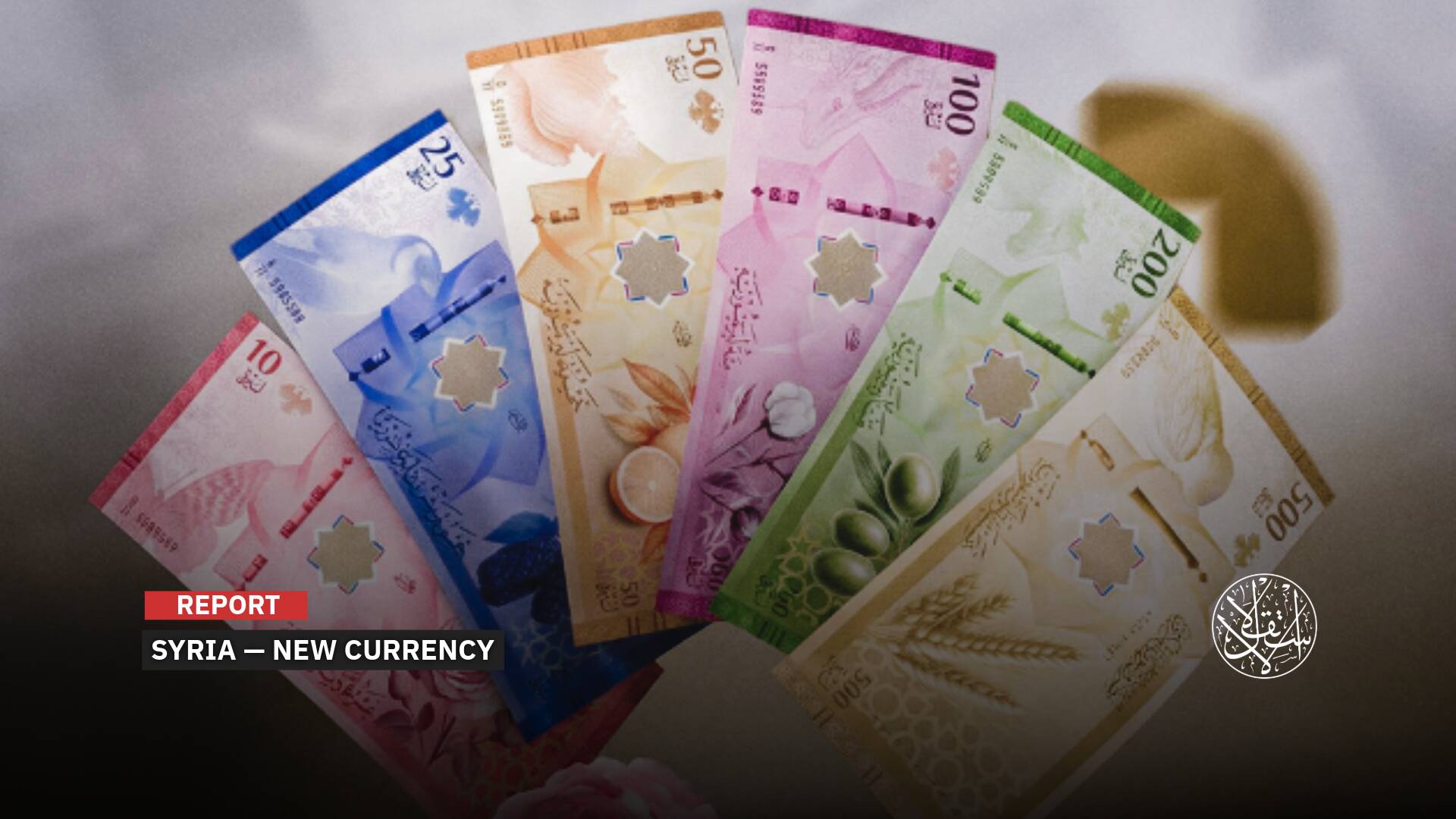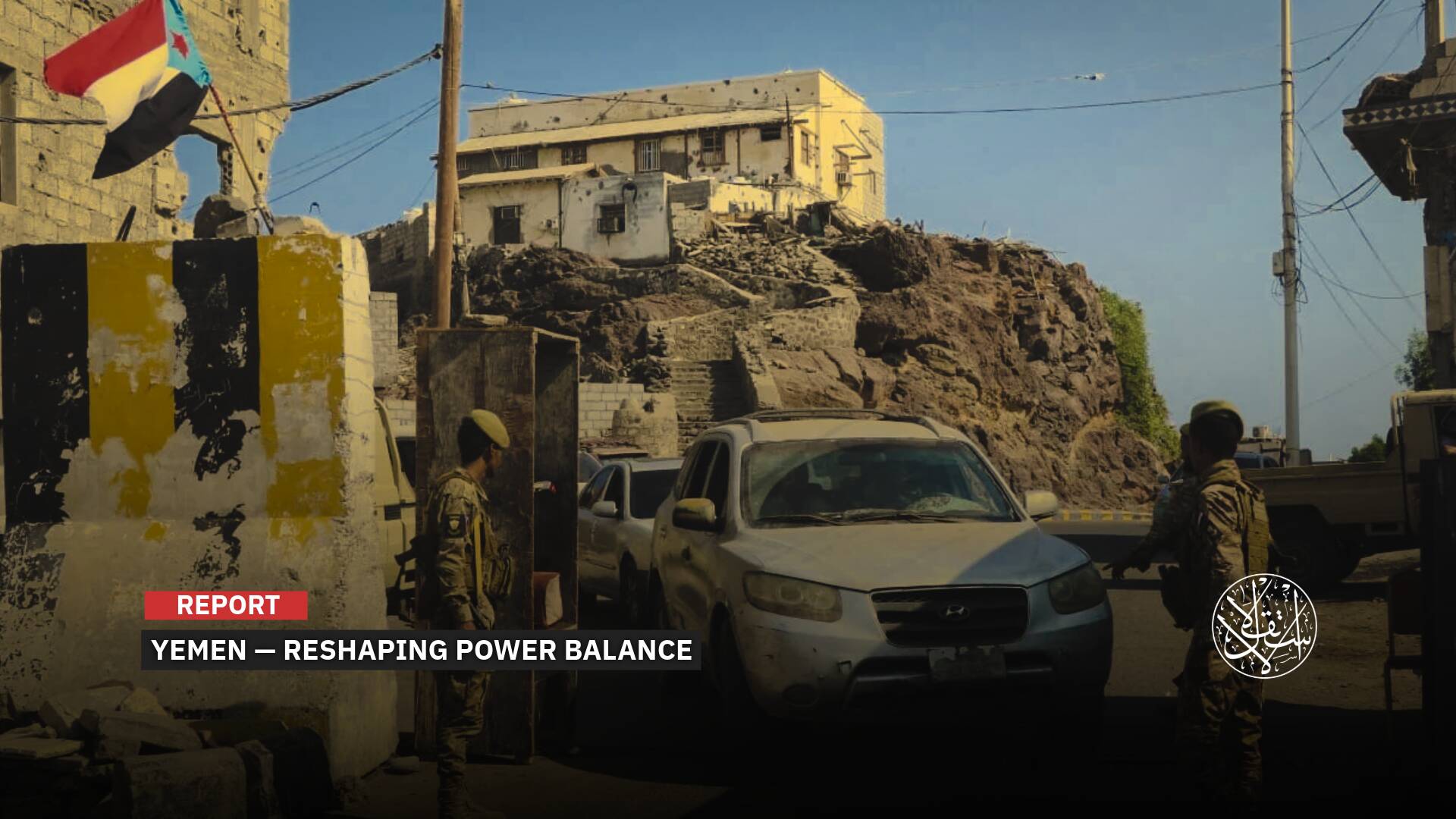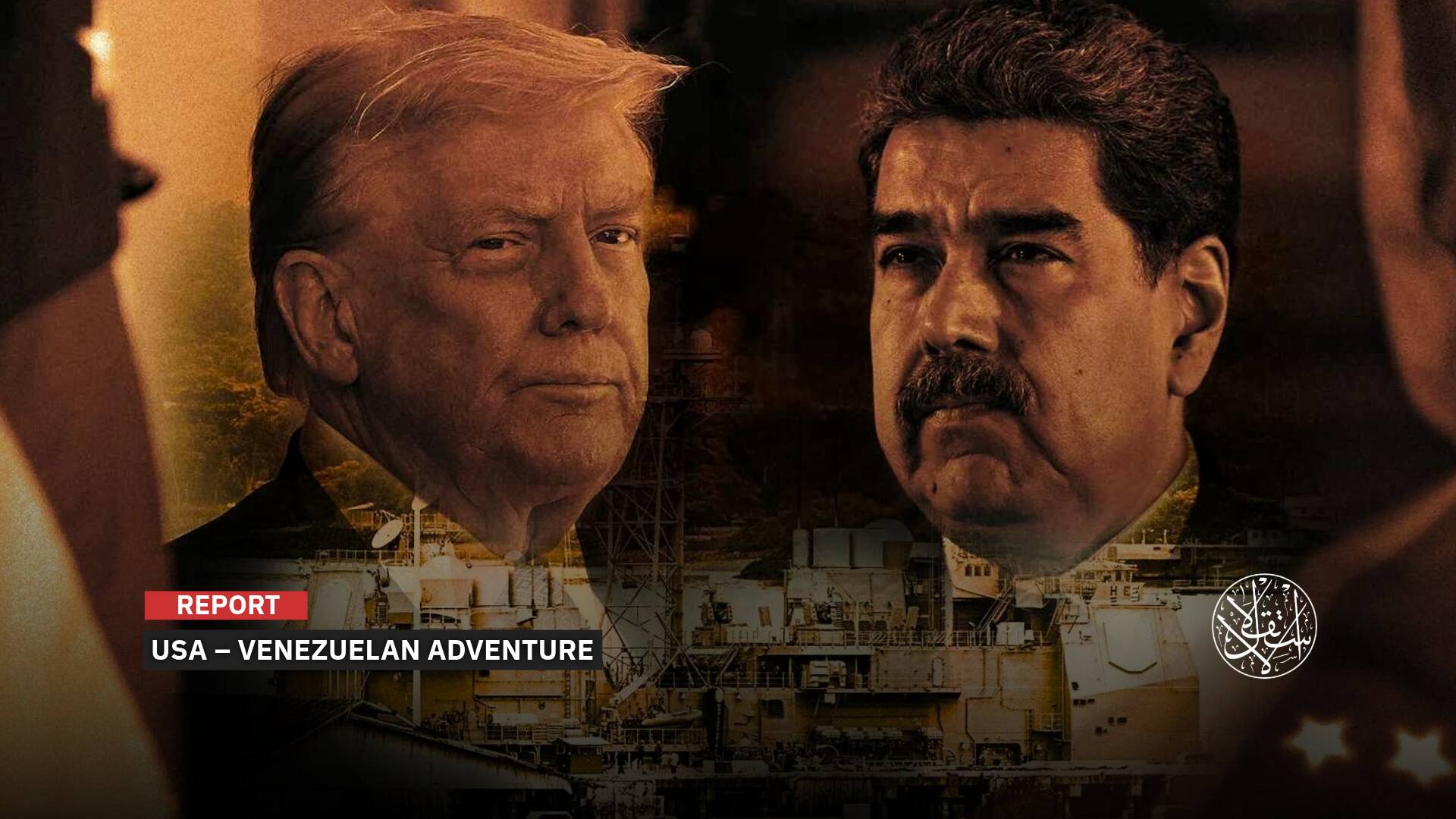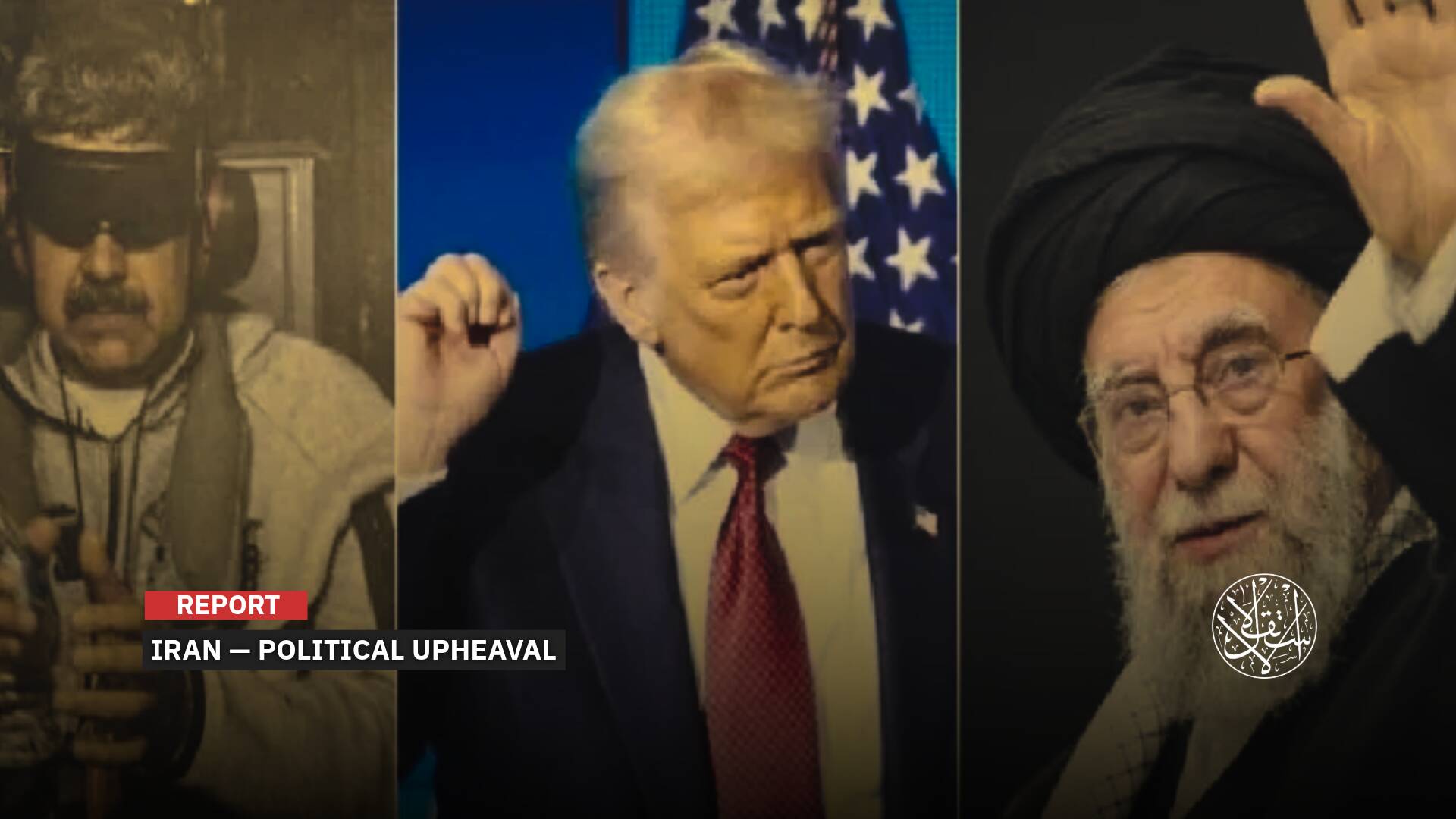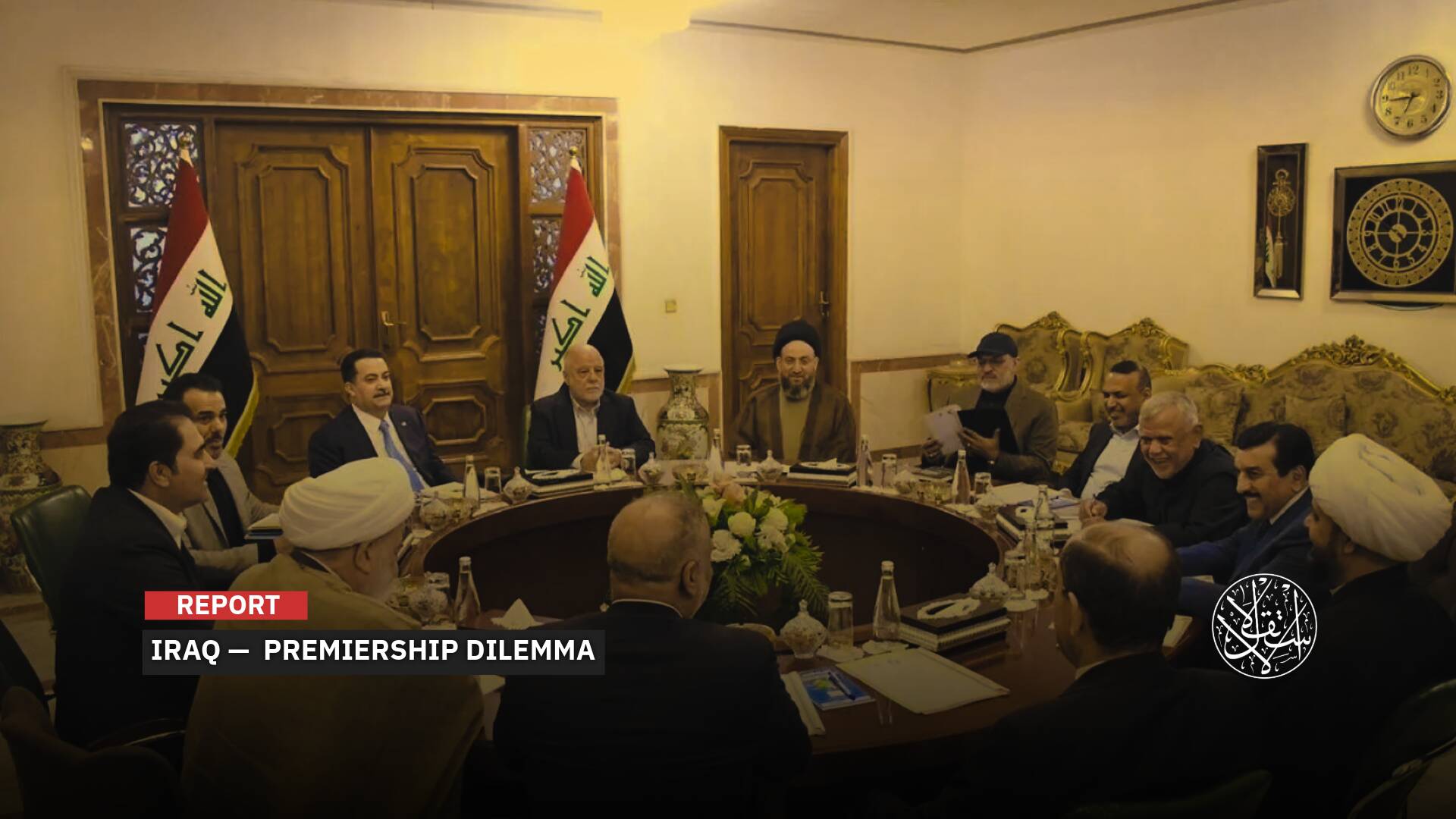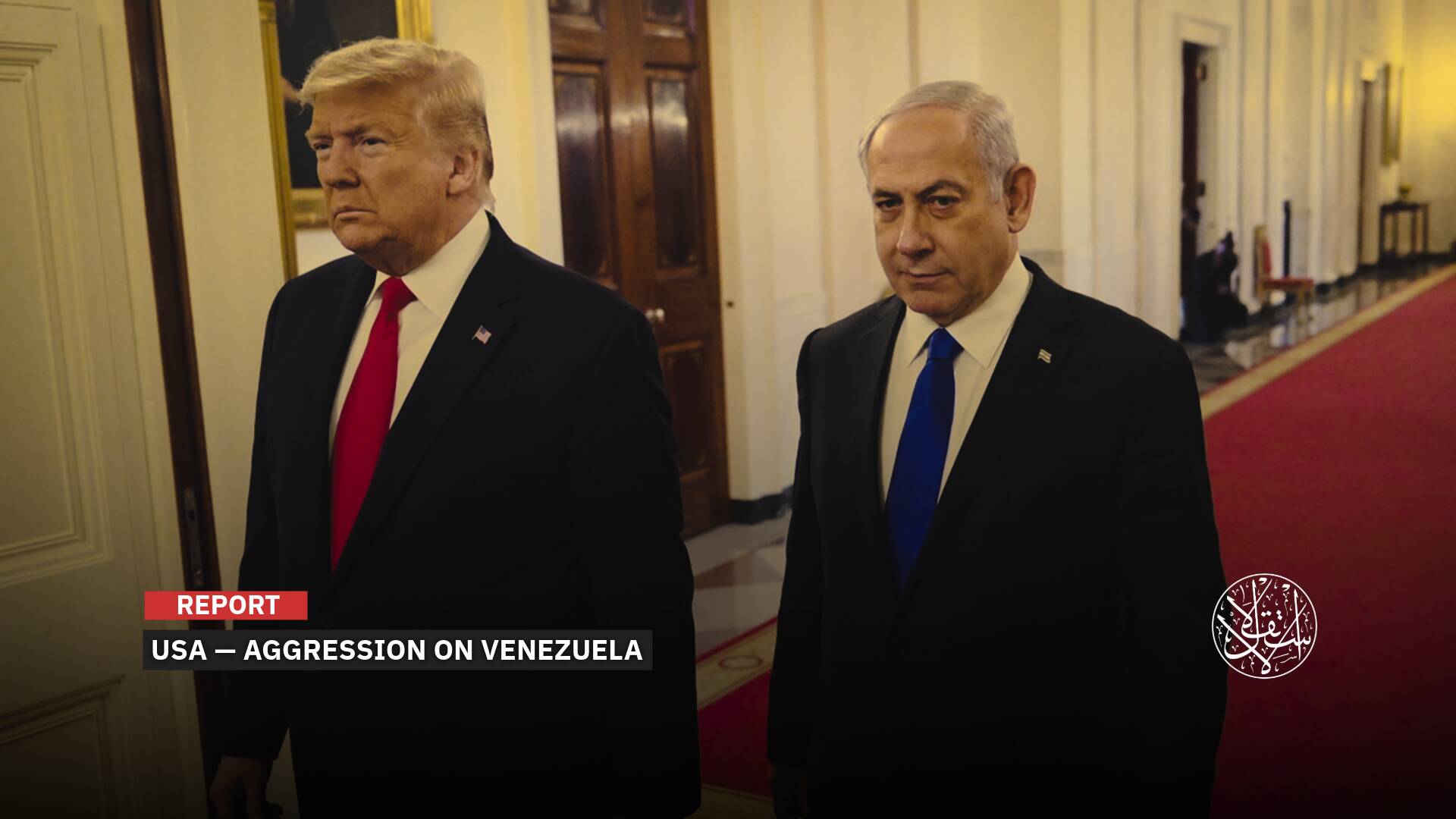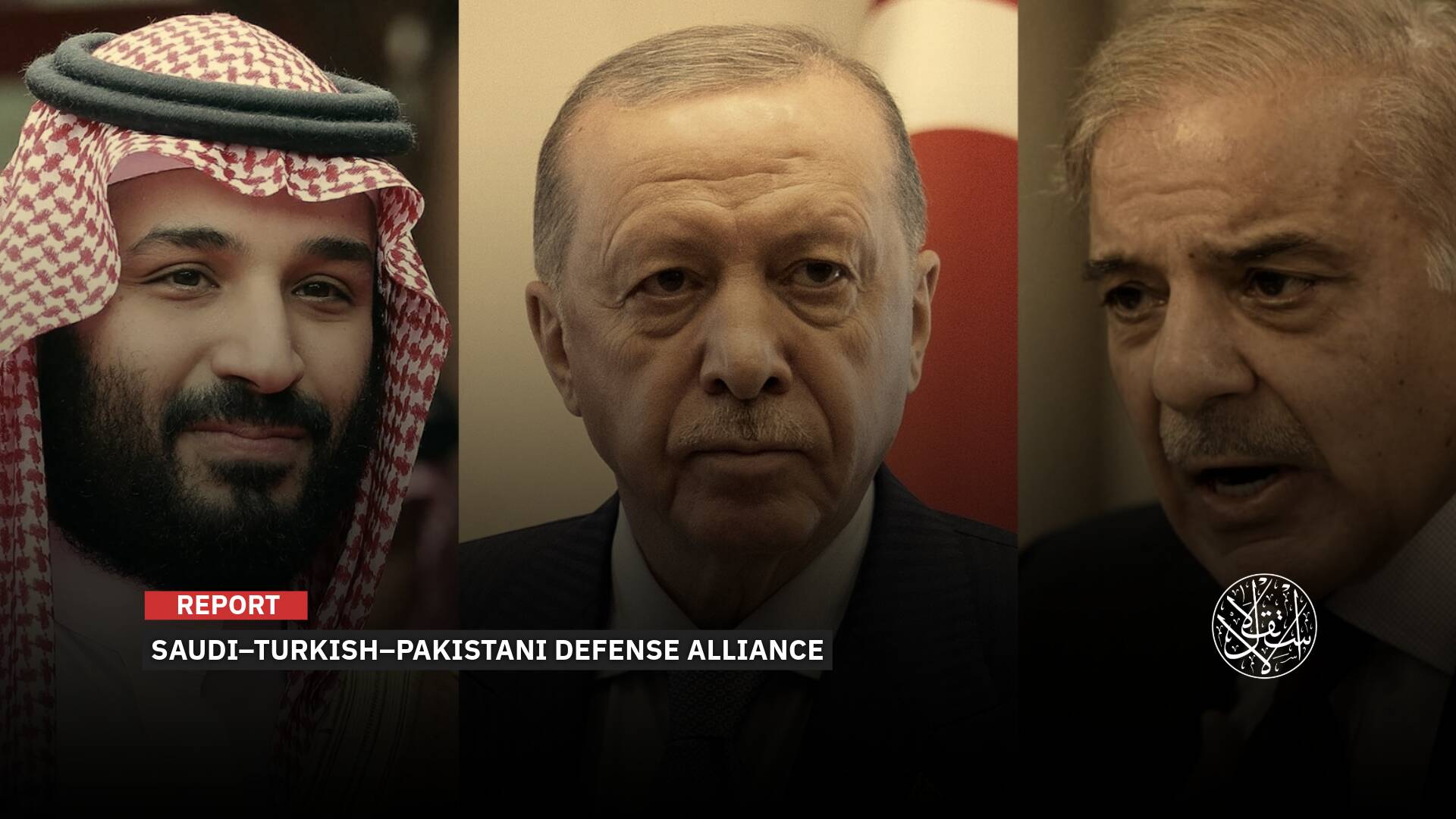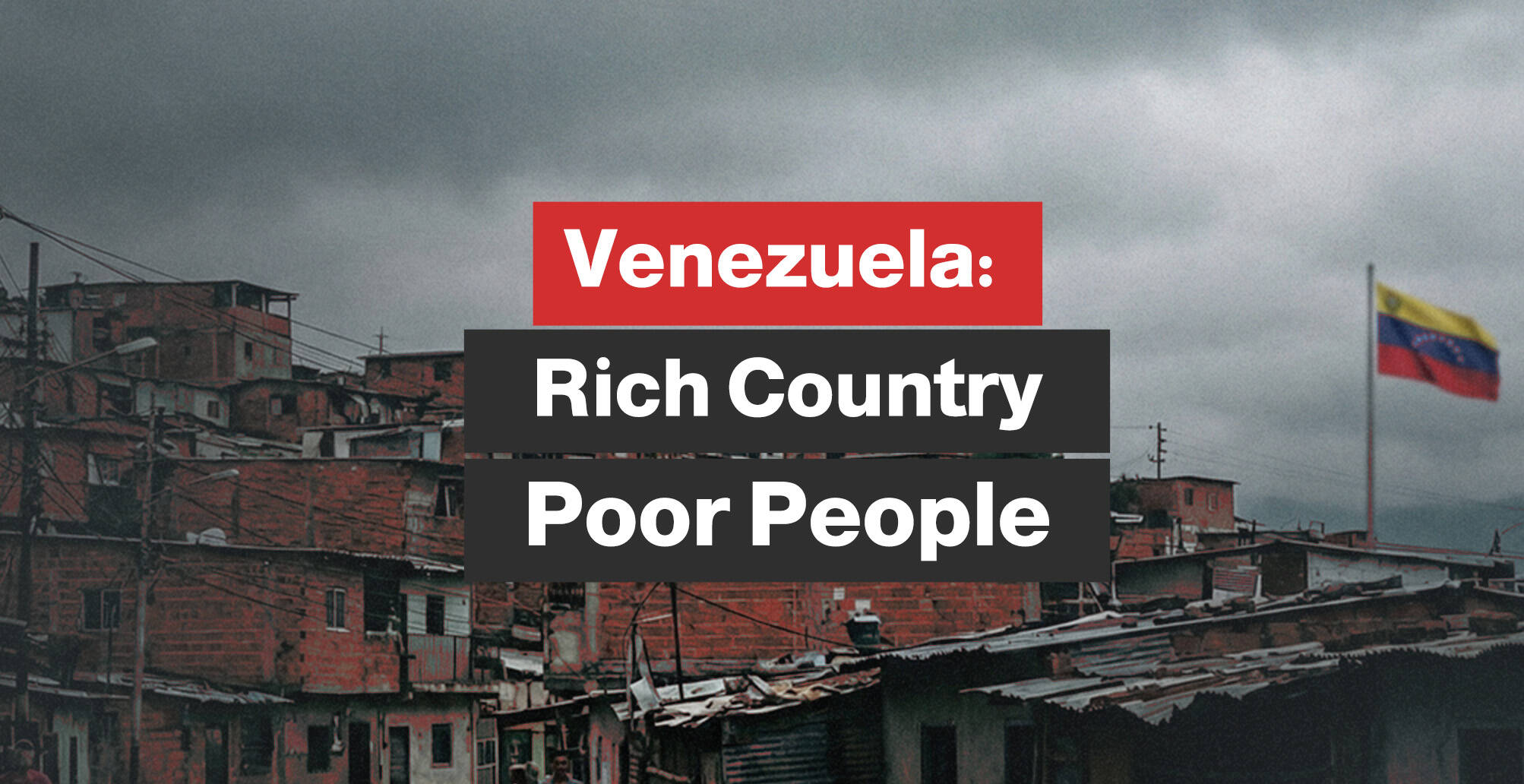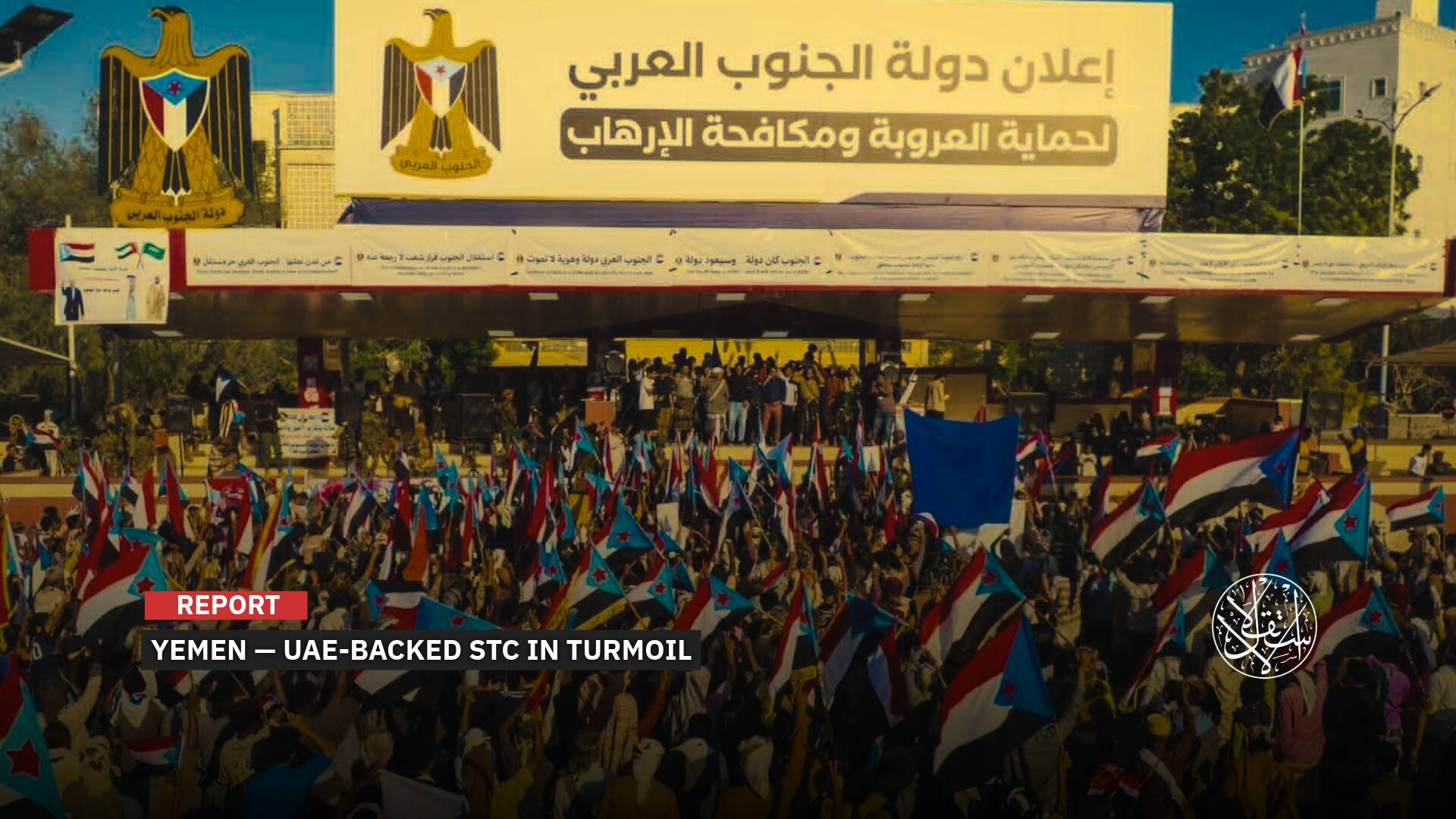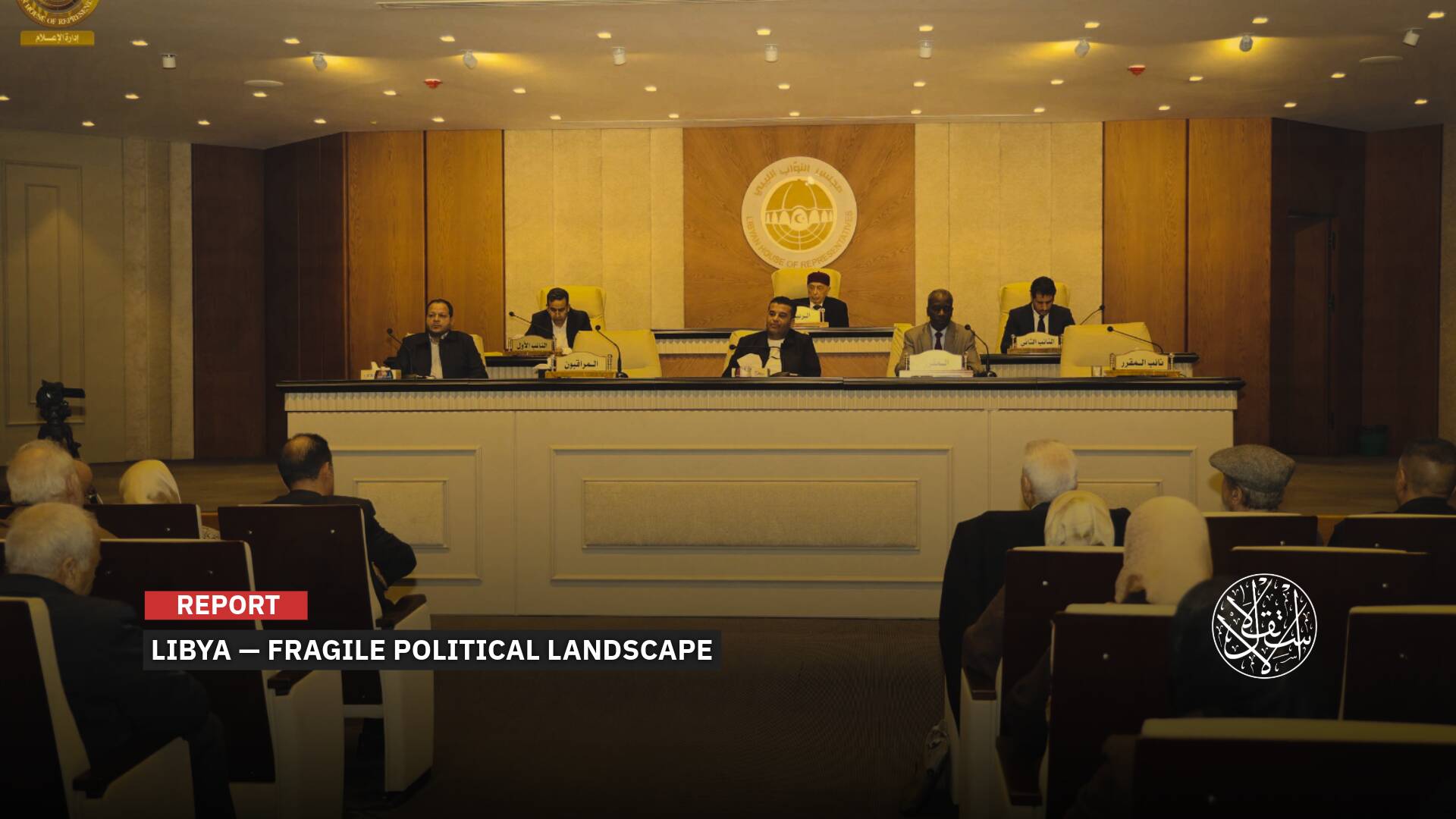America’s Betrayal of Qatar: How Far Did It Speed Up Saudi-Pakistani Defense Ties?
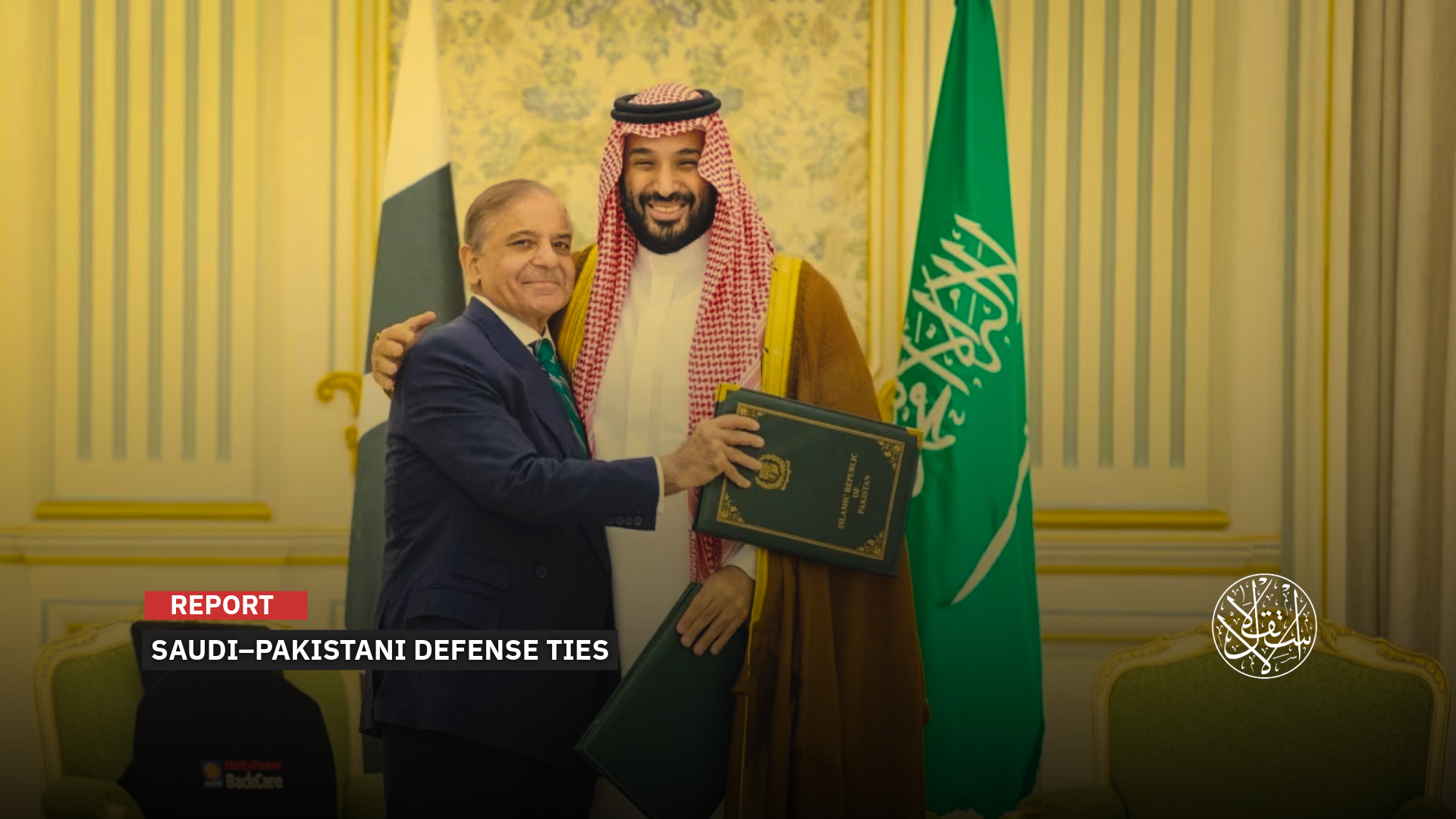
"The Trump administration treats the Gulf states like cash cows to be drained, while Israel is its spoiled boy and can hit whoever it wants."
Saudi Arabia and Pakistan have signed a strategic defense pact after a decade of fluctuating ties, raising questions about why Riyadh turned to Islamabad now and whether the Israeli aggression on Qatar accelerated the agreement.
The relationship between the two nations has swung sharply over the past decade. Tensions flared in 2015 when Pakistan refused a Saudi request to join the Yemen war. In 2018, Riyadh pressed Islamabad to repay a one-billion-dollar loan ahead of schedule. A year later, Saudi leaders withheld support for Pakistan on Kashmir after India revoked the region’s special status.
Yet the chill began to ease as Saudi Arabia stepped back in with financial lifelines. In 2021, Riyadh deposited three billion dollars into Pakistan’s central bank and provided 1.2 billion worth of refined petroleum products. The following year, the Saudi Fund for Development extended the maturity of that deposit for another three billion, cementing a renewed phase of economic support.
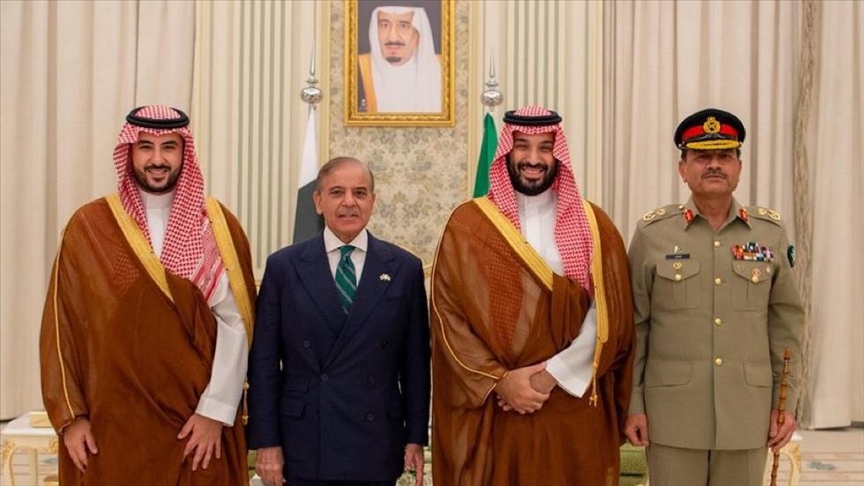
Mutual Defense Pact
In a move that reshapes the region’s security landscape, Saudi Arabia and Pakistan signed a mutual defense pact on September 17, 2025, just a week after Israeli aggression on Doha jolted Middle Eastern diplomacy.
On September 9, the Israeli Occupation claimed responsibility for a strike targeting Hamas leaders in the Qatari capital. The aggression, carried out with prior knowledge in Washington, drew controversy after President Donald Trump later insisted that Israeli Prime Minister Benjamin Netanyahu alone had decided to bomb Qatar.
The deal followed high-level talks in Riyadh between Crown Prince Mohammed bin Salman and Pakistani Prime Minister Shehbaz Sharif, where the two discussed deepening their strategic partnership and reviewed fast-moving regional and global developments.
The agreement states that an attack on one nation will be considered an attack on both, with the explicit aim of strengthening deterrence and advancing peace and security in the region. A joint statement called it a commitment to expand defense cooperation and reinforce shared security.
Television footage in Pakistan showed Sharif and bin Salman embracing after signing the pact, joined by Pakistan’s powerful army chief, General Asim Munir, who has long urged Islamic states to unite against the Israeli Occupation. Munir warned in June that “Israel’s” aggression on Yemen, Iran, and Palestine underscored the need for collective defense, declaring that silence and division would leave the entire Muslim world vulnerable.
The Prime Minister’s office said the pact reflects a shared resolve to safeguard both nations’ security and stability while building mechanisms of deterrence.
Despite years of strain, the two countries have long maintained military ties, with about 2,000 Pakistani troops stationed in the kingdom providing training and technical support, including assistance to Saudi ground and air forces.
Asked whether Pakistan would now be obliged to provide Saudi Arabia with a nuclear umbrella, a senior Saudi official told Reuters, “This is a comprehensive defensive agreement that encompasses all military means.”
The agreement was the culmination of years of discussions, the Saudi official said when asked about the timing of the deal. “This is not a response to specific countries or specific events but an institutionalization of long-standing and deep cooperation between our two countries,” the official added.
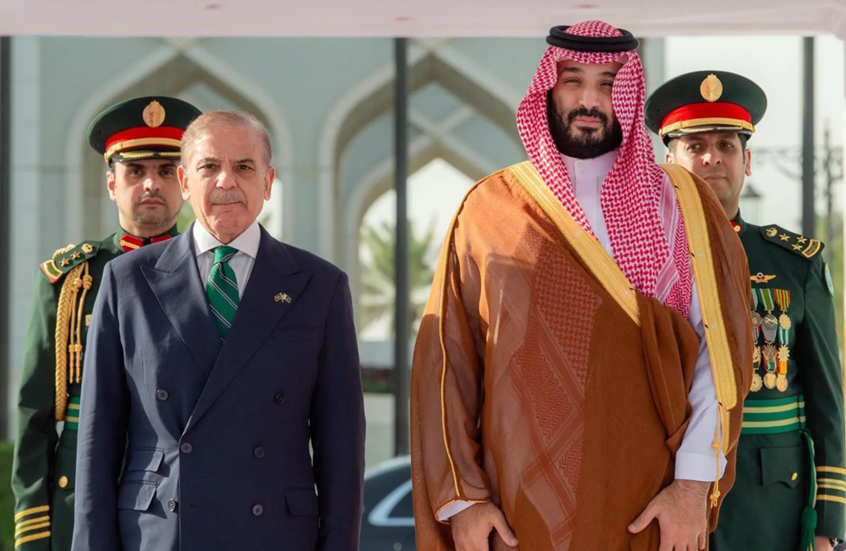
Balance of Deterrence
On why Riyadh turned to Islamabad to sign a mutual defense pact at this moment, retired Syrian Brigadier General Abdullah al-Asaad, head of the Rasd Center for Strategic Studies, said Saudi Arabia is signaling to Washington and Tel Aviv that it has alternatives beyond the United States.
Speaking to Al-Estiklal, al-Asaad argued that Saudi leaders realized the American umbrella does not protect Gulf states, pointing to Washington’s silence when the Israeli Occupation bombed Doha. “The Trump administration treats the Gulf states like cash cows to be drained, while Israel is its spoiled favorite that can hit whoever it wants,” he added.
Al-Asaad described the agreement with Pakistan as a step in the right direction, not only a reminder to the Israeli Occupation that the Arab world matters, but also a broader message that the Islamic world stands behind Riyadh.
The general said “Israel’s” aggression on Qatar, and the U.S. refusal to respond, looked like a betrayal that pushed Saudi Arabia to accelerate its outreach to Pakistan.
“Pakistan was the natural choice because it is a powerful nuclear state with weight in the Muslim world and an independent decision-making process.” He recalled how Islamabad stood its ground during past clashes with India, refusing to bow to foreign pressure.
Tensions between India and Pakistan escalated in April 2025 after gunmen opened fire on tourists in Indian-administered Jammu and Kashmir, killing 26 people. On May 6, India launched missile strikes into Pakistani territory, including Azad Kashmir. Pakistan hit back hard, striking Indian command centers along the border, firing its own missiles, and downing five of ten Indian fighter jets before both sides agreed to a ceasefire on May 10.
Pakistan today remains the only nuclear-armed Muslim nation and commands the largest military in the Islamic world, a force it repeatedly stresses is aimed squarely at deterring nuclear rival India.
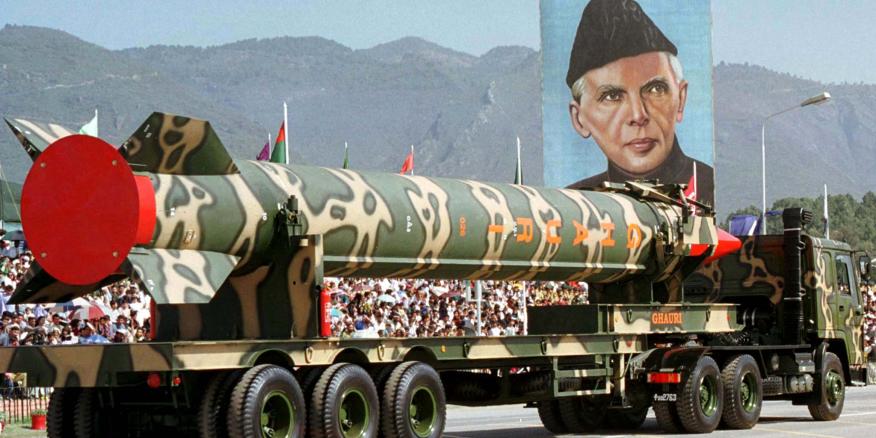
Nuclear Investments
For more than a decade, Western intelligence and media reports have pointed to Saudi Arabia’s quiet investments in Pakistan’s nuclear weapons program.
In September 2015, The Sunday Times revealed details it said came from U.S. officials, suggesting Riyadh was preparing to buy warheads directly from Islamabad, warning of a potential nuclear arms race. The paper noted that Saudi Arabia had bankrolled large parts of Pakistan’s nuclear effort over three decades, and that this growing alignment came as Gulf states fumed over the Obama-backed Iran nuclear deal, which they feared would eventually allow Tehran to build a bomb.
Two years earlier, the BBC reported that Saudi Arabia had poured money into Pakistani nuclear projects with the expectation it could acquire atomic weapons whenever it chose. NATO intelligence sources even told the network that some warheads had been manufactured in Pakistan specifically for Saudi use and were ready for delivery.
Amos Yadlin, a former head of Israeli military intelligence, told a conference in Sweden that if Iran got the bomb, “the Saudis will not wait one month. They already paid for the bomb; they will go to Pakistan and bring what they need to bring.”
Hints from Riyadh have been consistent. As far back as 2009, the late King Abdullah warned U.S. envoy Dennis Ross that Saudi Arabia would acquire nuclear weapons if Iran crossed that line. The BBC later cited internal Saudi documents from 2003 outlining three options for the kingdom: developing its own arsenal, securing protection from an existing nuclear power, or pushing for a nuclear-free Middle East.
Those warnings gained renewed urgency in September 2023 when Crown Prince Mohammed bin Salman told Fox News that if Iran succeeded in getting a bomb, Saudi Arabia would have no choice but to match it. He framed the issue as one of security and balance of power in the Middle East, even as he stressed the kingdom would prefer not to see nuclear weapons proliferate in the region.
Sources
- Saudi Arabia and Pakistan sign mutual defense pact as Gulf Arab states grow wary of US security guarantees
- Saudi Arabia, nuclear-armed Pakistan sign mutual defence pact
- Saudi Arabia signs a mutual defense pact with nuclear-armed Pakistan after Israel’s attack on Qatar
- Report: Saudis may purchase Pakistani atomic bomb
- From Nawaz to Shehbaz: Why Did Saudi Arabia Sign a Mutual Defense Pact with Pakistan? [Arabic]
- Pakistan Shifts the Balance: India Loses the War [Arabic]
- Pakistan Urges Muslim Nations to Stand Against ‘Israel’—Could a New Military Axis Be Forming?


